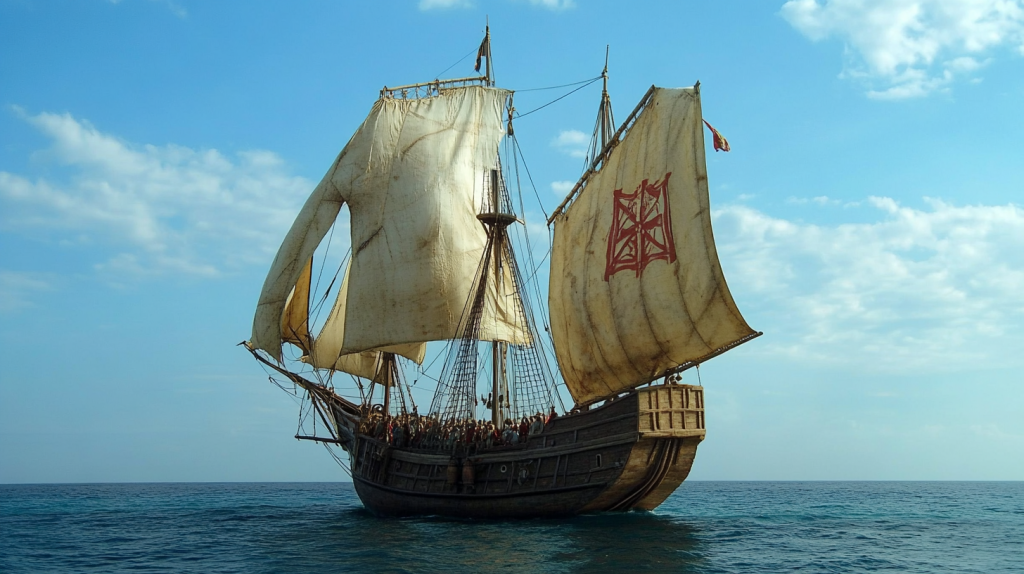I’ve always been fascinated by the seafarers of medieval England—these brave explorers and traders whose journeys shaped so much of the world we know today. Imagine setting off from the shores of England, bound for unknown lands across the North Sea and beyond. Their voyages weren’t just about finding new places; they helped build alliances, open up trade routes, and introduce cultural exchanges that altered history. They also had a massive impact on politics, religion, and the economy, in ways that are still felt today. As I dig into their stories, I’m struck by the sheer courage it must have taken to navigate uncharted waters. Here’s a look at some of the most significant voyages of that time and how they forever changed the course of history.
1. The Voyages of the Vikings to England
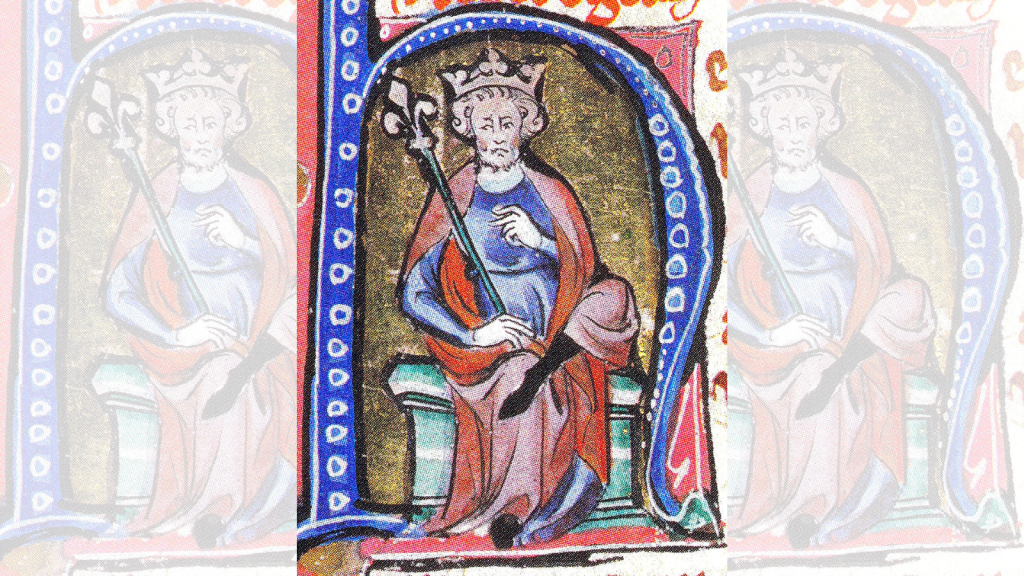
Although they weren’t native to England, the Viking seafarers profoundly impacted medieval England. Their raids, beginning in the late 8th century, forced the kingdom to adapt its defenses and politics. The famous Viking leader, King Cnut (Canute), eventually became king of England, uniting Denmark, Norway, and England under one crown. The Viking era reshaped English society, influenced language, and contributed to the development of a more unified kingdom.
2. King Alfred’s Naval Reforms
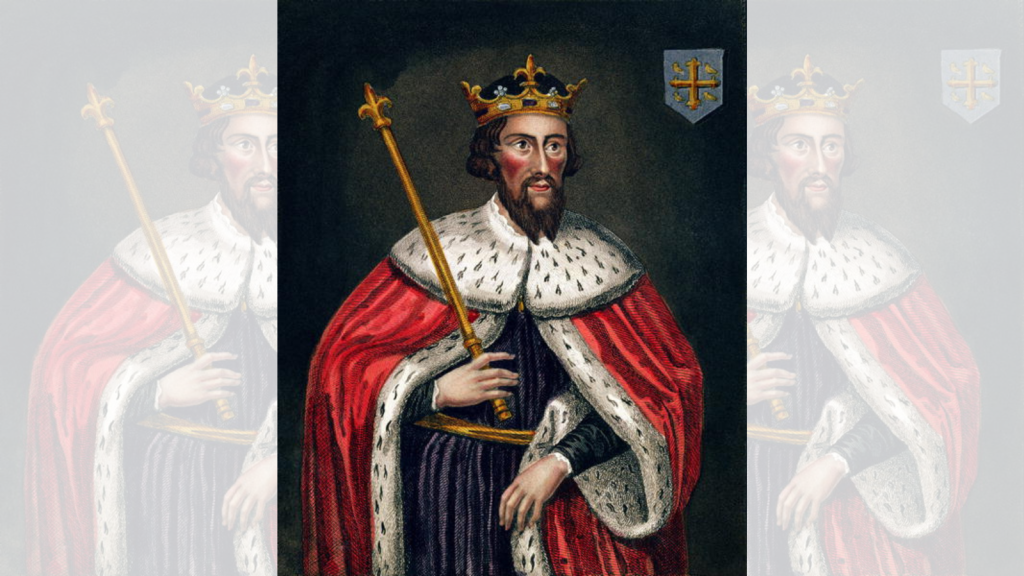
King Alfred the Great, in the late 9th century, is credited with creating England’s first navy to combat Viking invasions. His naval reforms included the construction of longships designed to be faster and more maneuverable than those of the Vikings. These advancements allowed Alfred to defend his kingdom more effectively, laying the foundation for future English naval power, which would later become central to England’s influence on world history.
3. The Norman Conquest of 1066
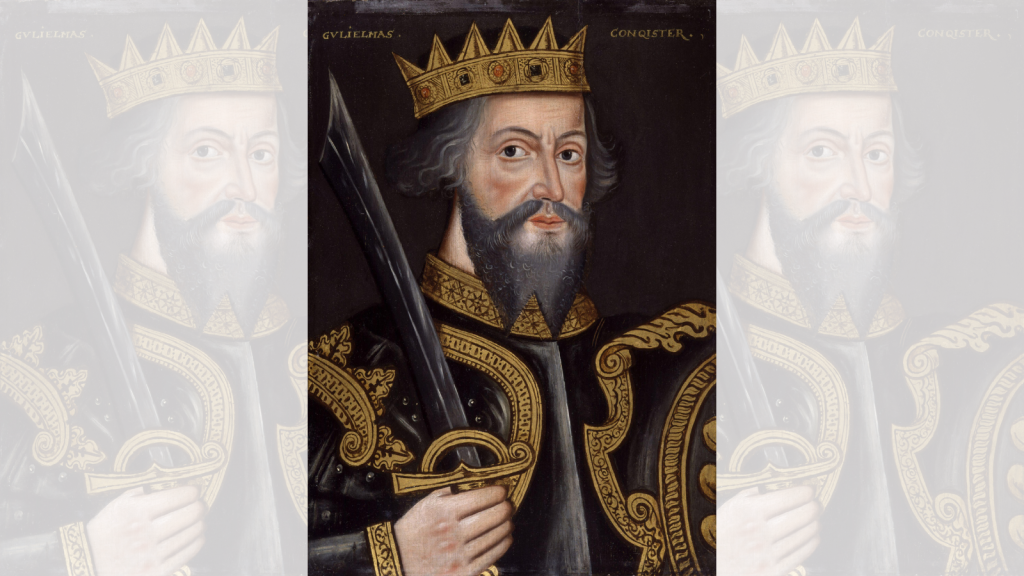
William the Conqueror’s famous voyage across the English Channel in 1066 wasn’t just a military invasion—it was a seismic shift in English history. After crossing the Channel and winning the Battle of Hastings, William brought Norman rule to England. This introduced French culture, language, and feudal systems, deeply influencing the English legal system, architecture, and societal structure. William’s voyage marked the beginning of a new chapter in medieval Europe.
4. Richard the Lionheart’s Crusades
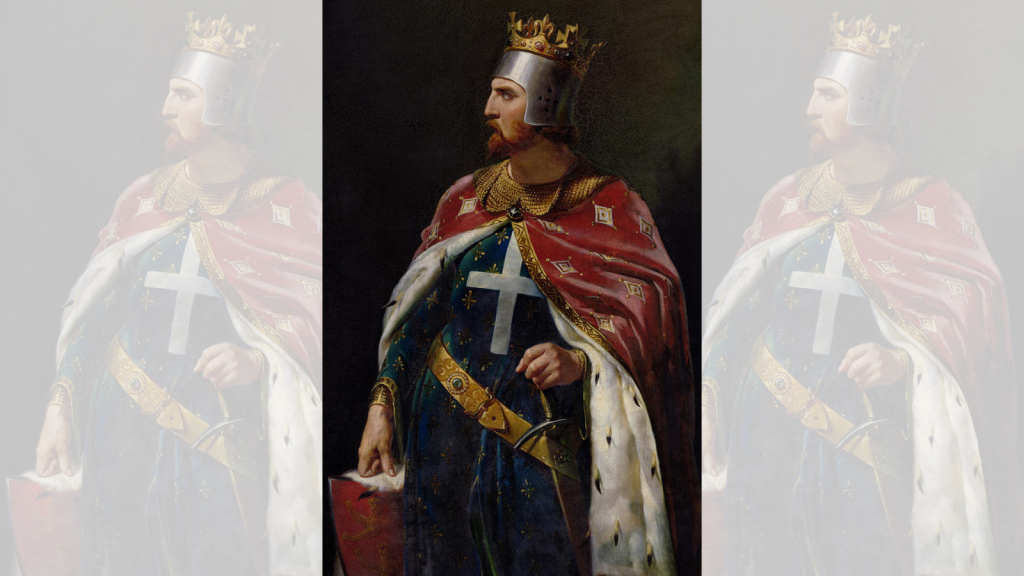
Richard I, known as Richard the Lionheart, embarked on the Third Crusade in 1190, sailing from England to the Holy Land. Although his efforts to recapture Jerusalem were ultimately unsuccessful, his voyage was significant for England’s role in the Crusades. Richard’s military campaign connected England with the wider medieval Christian world, and his leadership in the Crusades solidified his reputation across Europe as a great warrior king.
5. The Wool Trade and the Hanseatic League

By the 12th century, England’s wool trade was booming, and English seafarers played a key role in exporting this valuable commodity to continental Europe. English ships sailed to ports controlled by the Hanseatic League, a powerful trading network of cities along the North and Baltic Seas. This trade bolstered the English economy and positioned England as a vital player in European commerce. The wool trade would later finance many of the country’s endeavors in exploration and colonization.
6. Geoffrey of Monmouth’s Legendary Voyages
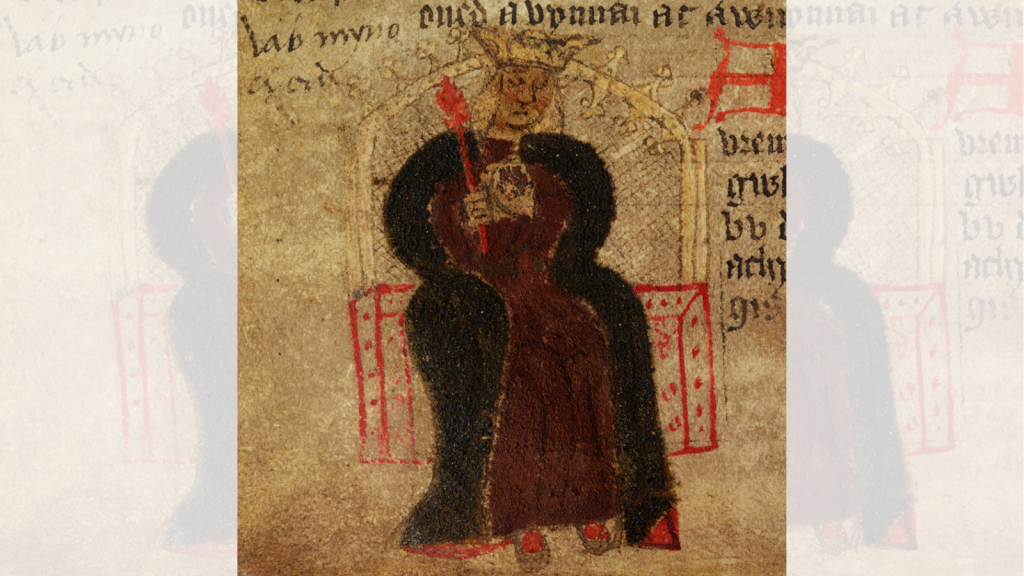
Though not a literal voyage, the writings of Geoffrey of Monmouth in the 12th century transported the legends of King Arthur and Merlin into the medieval imagination. His Historia Regum Britanniae (History of the Kings of Britain) influenced English identity and the mythology surrounding its kings and heroes. The tales of sea voyages and battles found in his work shaped not just English culture, but also inspired exploration and the search for new lands.
7. John of Gaunt’s Iberian Campaigns
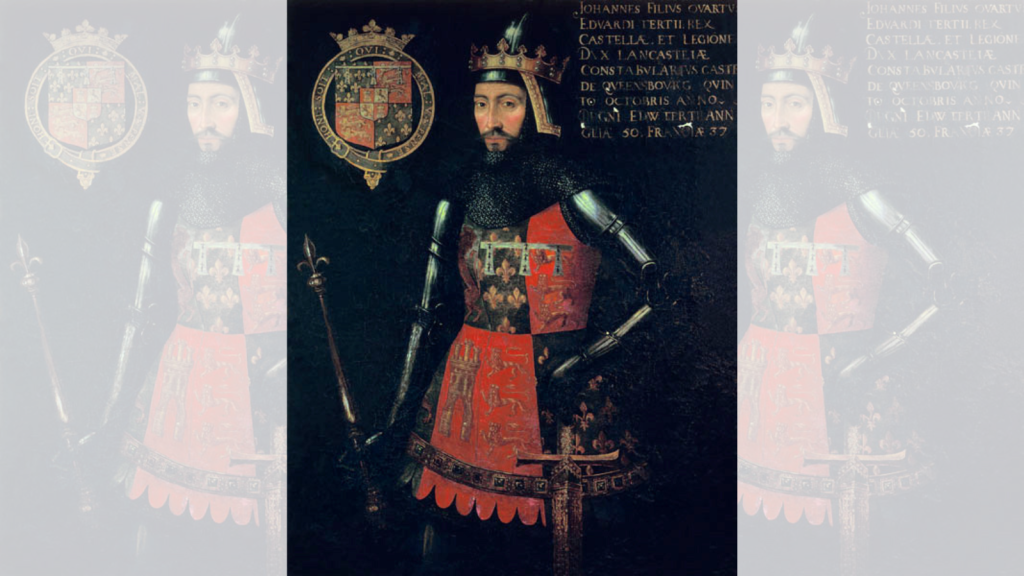
John of Gaunt, Duke of Lancaster, led military expeditions to Spain and Portugal in the late 14th century. His campaigns were part of England’s larger geopolitical efforts to expand its influence in Europe. These voyages to Iberia established important diplomatic and trade connections between England and the Iberian kingdoms. John’s involvement in the politics of the region also paved the way for the eventual English alliances with Spain and Portugal, which would become crucial during the Age of Exploration.
8. The Discovery of Iceland and Greenland

English sailors, alongside their Scandinavian counterparts, were among the early explorers of the North Atlantic. The voyages to Iceland and Greenland in the 10th and 11th centuries opened up new possibilities for settlement and trade in these remote northern lands. These voyages were precursors to the later explorations that would ultimately lead to the discovery of the Americas.
9. Edward III’s Naval Campaigns in the Hundred Years’ War
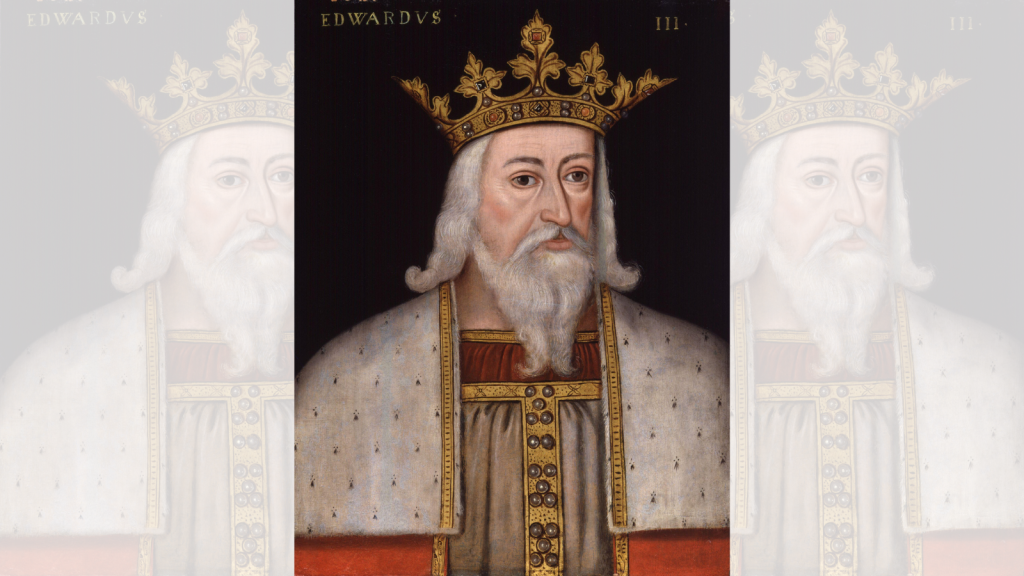
During the Hundred Years’ War (1337–1453), King Edward III of England launched several naval campaigns against France. His victory at the Battle of Sluys in 1340 gave England control of the English Channel, which was crucial for maintaining supply lines and communication with continental Europe. These naval engagements set the stage for England’s later dominance in sea warfare and trade, a hallmark of its imperial history.
10. Bristol’s Voyages in Search of New Lands
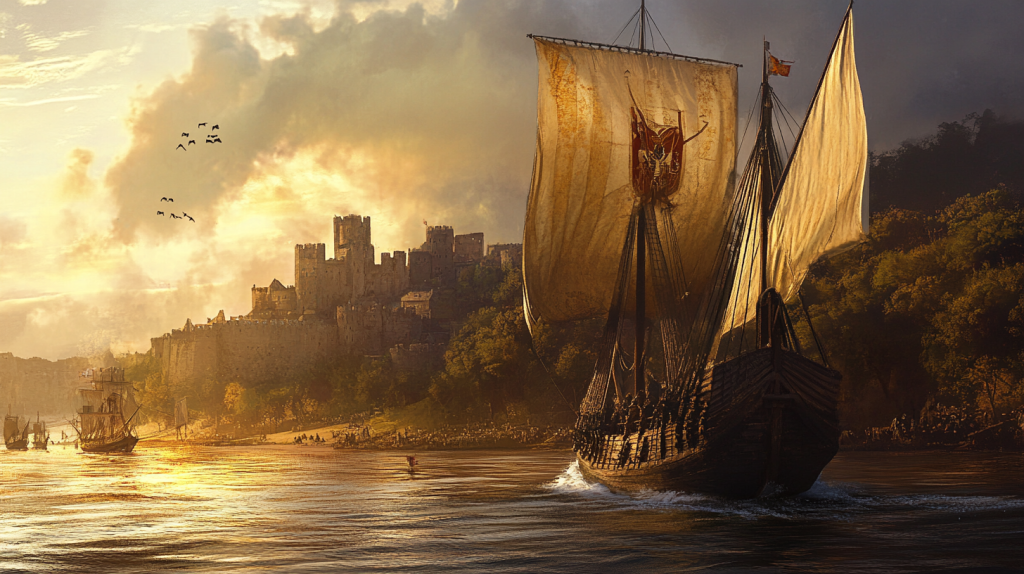
In the late 15th century, Bristol-based merchants and seafarers set out in search of unknown lands to the west. Their voyages, which preceded Christopher Columbus’ famous crossing, were likely the first English expeditions aimed at finding new trade routes across the Atlantic. Although they didn’t reach the New World, these early attempts reflected the growing ambition of English mariners to explore beyond Europe’s known boundaries.
These 23 Titanic Facts That Will Make You See the Tragedy in a New Light

The Titanic, perhaps the most legendary ship ever, was a masterpiece of early 20th-century engineering, funded by American tycoon J.P. Morgan and constructed at the Harland and Wolff Shipyard. Thanks to the movie and other works of popular fiction, any people think they know everything there is to know about the Titanic, but they’re wrong.
Read More: These 23 Titanic Facts That Will Make You See the Tragedy in a New Light
Ellen has been obsessed with logic puzzles, jigsaws, and cryptograms since she was a kid. After learning she was taught how to play chess wrong by a family friend (so they could win), she joined her school chess club and the rest is history.
